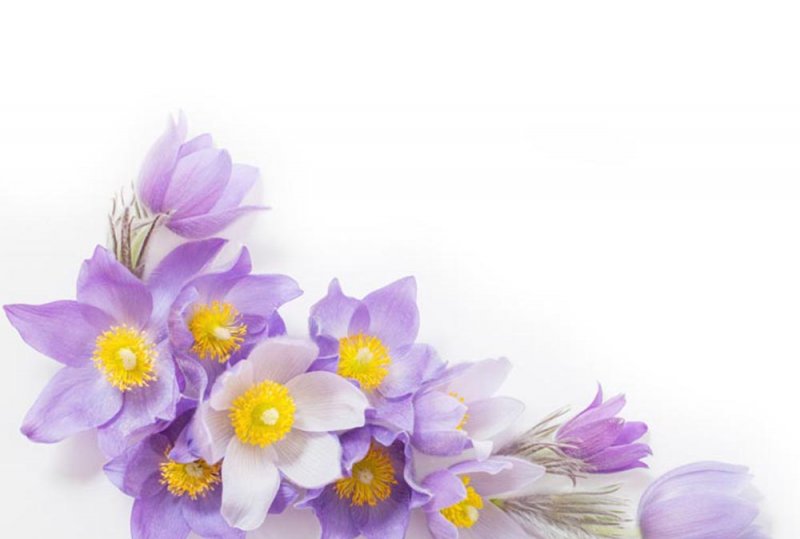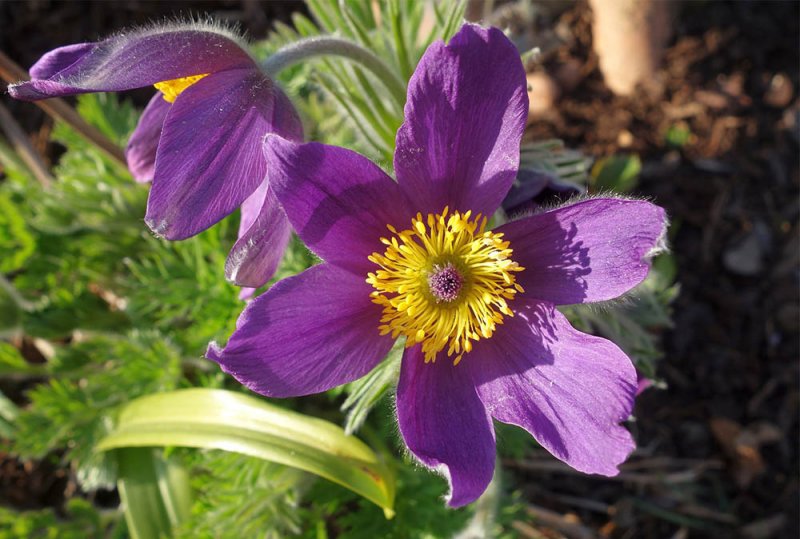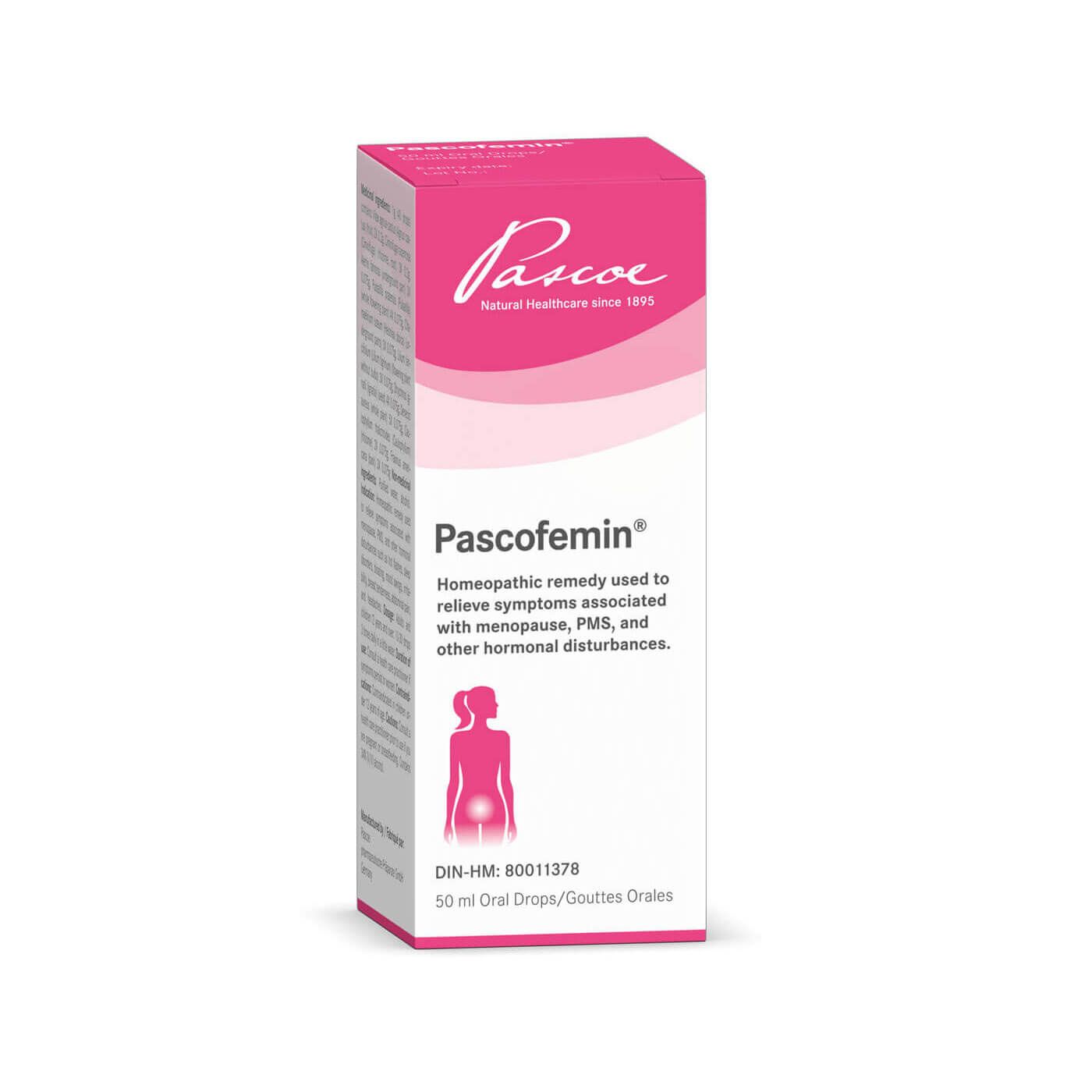Thyme


Pulsatilla
Pulsatilla pratensis or small pasque flower is a flowering herb that has been used for centuries in natural medicines. The plant has a history in a wide range of treatments, from eye inflammation to irregular periods and period pain.
Many related species of the Pulsatilla plant were used in traditional herbal medicine in Europe and North America. Native Americans and settlers utilized the dried herbs for rheumatism, headaches, lung disorders or to help induce childbirth.
In Europe, a variety of complaints were treated using the dried plant. These include cramps and pain during menstrual period, skin disorders, asthma, eye infections and more.
Despite the long history of medicinal use, the fresh Pulsatilla plant is toxic. Therefore, the plants are dried before they are used to make medicine. Also, pasque flower is highly diluted in homeopathic medicine and thus can be safely taken.
Today, Pulsatilla is often used as a homeopathic remedy that brings relief from premenstrual syndrome (PMS), associated headaches and nerve problems. It seems that pulsatilla homeopathic medicine benefits especially women where these symptoms are worse before their menses begin.
Origin and types
Thymus vulgaris or common thyme belongs to the mint family (Lamiacea). Originally from the Mediterranean area, this herb prefers full sun and well-drained soil. However, common thyme can survive in many different climates and is widely distributed.
Pulsatilla pratensis or small pasque flower can be mainly found in Europe and southwestern Asia. In the past, Pulsatilla was considered a subgenus of the Anemone genus. Therefore, P. pratensis is also known as Anemone pratensis or Meadow Anemone.
Pulsatilla vulgaris or pasqueflower is native to Europe. The plant blooms around Easter and thus is also called European pasque flower or Easter Flower.
Pulsatilla vulgaris’ medicinal use is similar to what P. pratensis is used for in traditional medicine. It includes common health concerns such as delay in the menstrual cycle or in labour and anxiety. However, in homeopathy it is mostly P. pratensis, the small pasque flower, that is used.
Pulsatilla chinensis is an important herb in Traditional Chinese Medicine and mostly used to treat the digestive system.
Pulsatilla nigricans is a subspecies of P. pratensis and one of the most used homeopathic remedy for eye infection.
What does the plant look like?
The small pasque flower is a perennial herb that can grow up to 40 cm tall. Its finely divided leaves but also the rest of the plant are covered with silky hair.
In spring, it grows one nodding, bell-shaped flower per stem. These singular flowers have six dark purple petals around a showy yellow centre. After flowering, the yellow stamen develops into feathery seed heads.
The above-ground parts of the blooming plant are harvested and used in herbal medicine. Since the fresh herb is toxic, the collected plants must be dried before further use.
Where does the name come from?
The name Pulsatilla is thought to be derived from the Latin word ‘pulsare’, meaning to beat or to hit. This seems to refer to the bell shape of the flowers that are beaten about by the wind.


The Latin word pratensis means ‘of the meadows’ which is where the small pasque flower or Meadow Anemone can be found.
The common name Pasque flower comes from the Old French word ‘pasque’ which means Easter. It refers to the fact that the plants tend to flower in spring around Easter.
Pulsatilla pratensis as a medicinal plant
Pasque flower has a long history in herbal medicine and was used for many different ailments. Nowadays, Pulsatilla is a common homeopathic remedy for painful cramps and other menstrual disorders.
The herb’s ability to relieve painful muscle spasms, such as period pain, is supported by research done on isolated smooth muscles. The findings showed that Pulsatilla extract had the power to stop the muscle activity, depending on the extract dose.
It is also thought that Pulsatilla helps to calm nerves, in particular anxiety and mood swings linked to hormonal changes.
This seems to be backed up by a study in mice comparing different homeopathic dilutions of Pulsatilla to a chemical drug for anxiety disorders. The results showed that the anxiety reducing effect of the homeopathic preparation was comparable to the standard drug.
Scientists believe that a chemical compound called anemonin is the reason for most of Pulsatilla’s effectiveness.
Small doses of this active ingredient seem to mildly slow down brain activity and to lower blood pressure and heart rate. Anemonin also shows activity against certain bacteria, fungi, and inflammation.
Medicinal properties of Pulsatilla
The plant has been used in herbal medicine for its
- spasmolytic (relaxing of smooth muscles)
- analgesic (pain relieving)
- sedative (calming)
activity. Also, test-tube studies showed that anemonin acts against inflammation and cancer cells. Moreover, the compound seems to be able to fight certain viruses, bacteria, and fungi.


How and what it is used for
Women’s health is certainly one of the main areas homeopathic Pulsatilla is used for.
Pulsatilla uses for periods include short, variable, late, or absent menstrual flow and menstrual cramps and pain. It is also used to support hormonal changes such as PMS with breast pain, irritability, and mood swings, or menopause.
In addition, it can be used to help with certain types of ear infections, pink eye, or cold symptoms such as nasal catarrh. People also use the remedy for tension and migraine headaches, occasional sleeplessness, nerve pain, and urinary tract problems.
How does it work?
Small pasque flowers and other plants of the buttercup family are quite toxic when fresh. They contain a substance called ranunculin. When the herb is harvested or crushed, an enzyme is released. It changes the substance into protoanemonin, a very irritant, toxic oil.
That is why the sap of the plant has a burning taste and can cause skin reddening or even blistering. However, the toxic compound is very unstable. When the plant is dried, it is broken down to anemonin.
Anemonin is the active compound of the herb. It is much less irritating, especially when used in small amounts as part of homeopathic products.
What makes Pulsatilla pratensis different?
Prepared as a homeopathic, small pasque flowers do not have the same side effects or potential for harm as herbal products might cause. Pulsatilla can be used as a gentle remedy to bring the body and its hormones back into balance.
Cautions and drug interactions
The fresh Pulsatilla plant should never be used as medicine. It can irritate the skin or even damage the kidneys and urinary tract if ingested.
When used in dried form and proper dosage, homeopathic preparations of the herb are not known to cause any adverse effects or drug interactions.
However, if you are pregnant or breastfeeding, you should speak to your healthcare provider before using health products that contain pasque flower.
Products that contain Pulsatilla:
Disclaimer
Pascoe Canada does not offer health or medical advice as we are not a healthcare practitioner. Please speak with your healthcare practitioner before beginning any program related to nutrition, diet, exercise, fitness, medical, and/or wellness. All content published by Pascoe Canada is developed through collaborating with licensed medical professionals and contributors. This includes text, graphics, images, and other material on the website, newsletter, and products (“Content”). This content is for informational purposes only and does not constitute medical advice. The content does not substitute professional medical advice, diagnosis, or treatment. Please always do your own research on whether this is for you along with your healthcare practitioner advice. Always consult your healthcare practitioner prior to use specific herbs because you might have underlined conditions needs professional care. The content is general in nature and are subject to change. It is not intended to cover all possible uses, directions, precautions, warnings, drug interactions, allergic reactions, or adverse effects.


